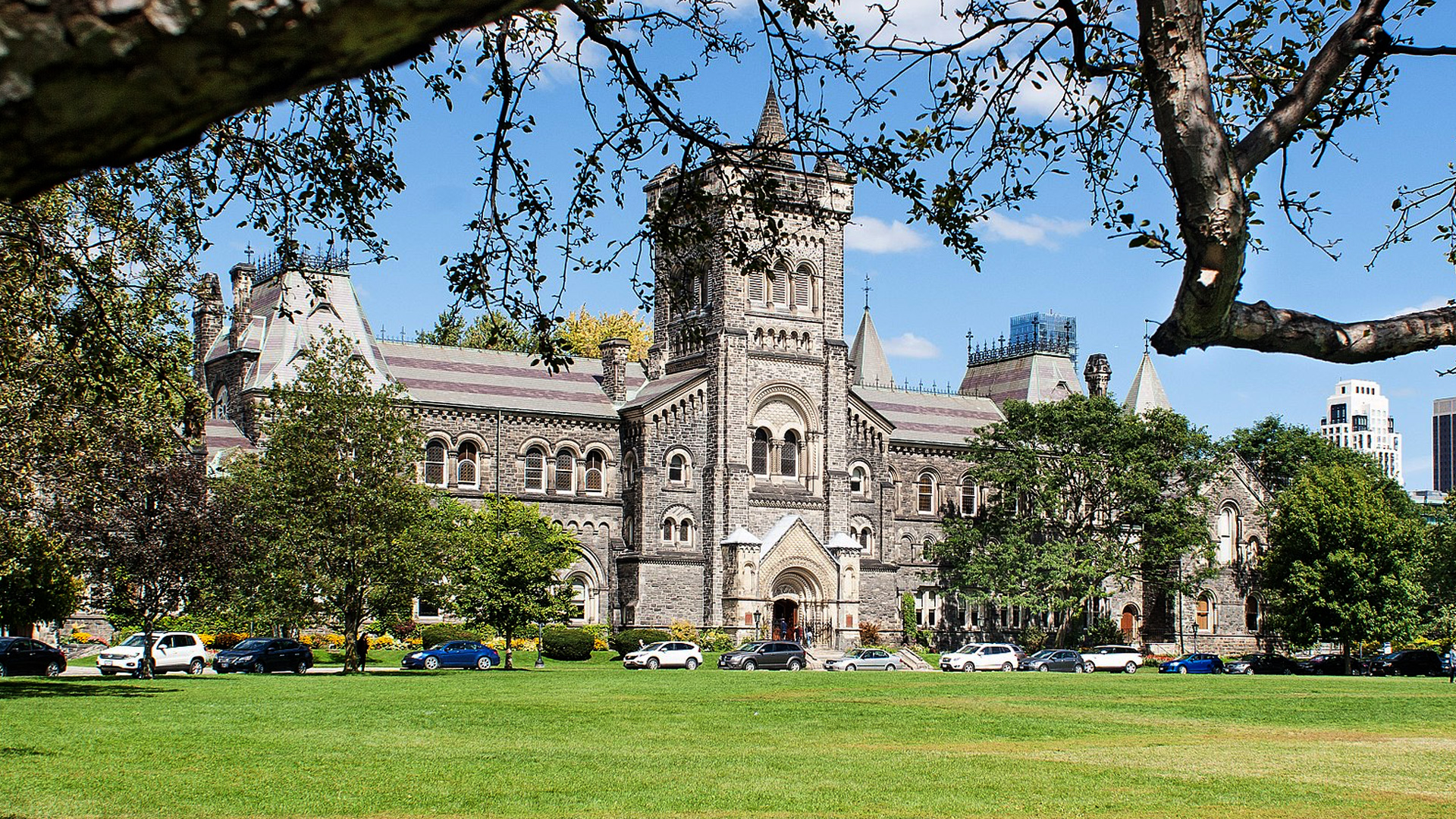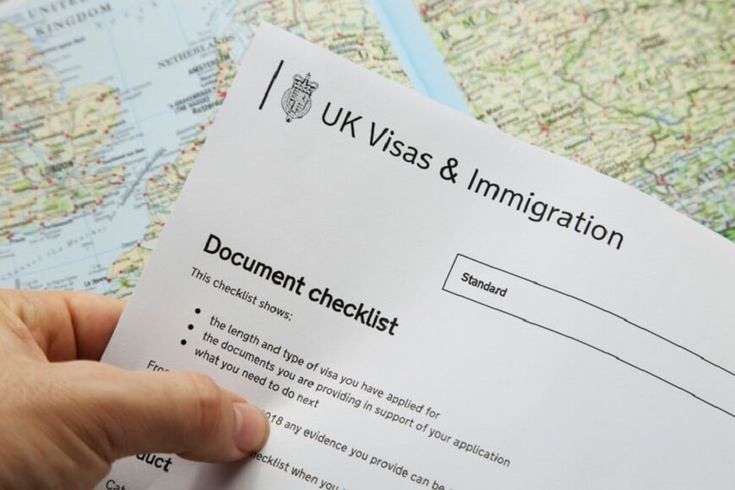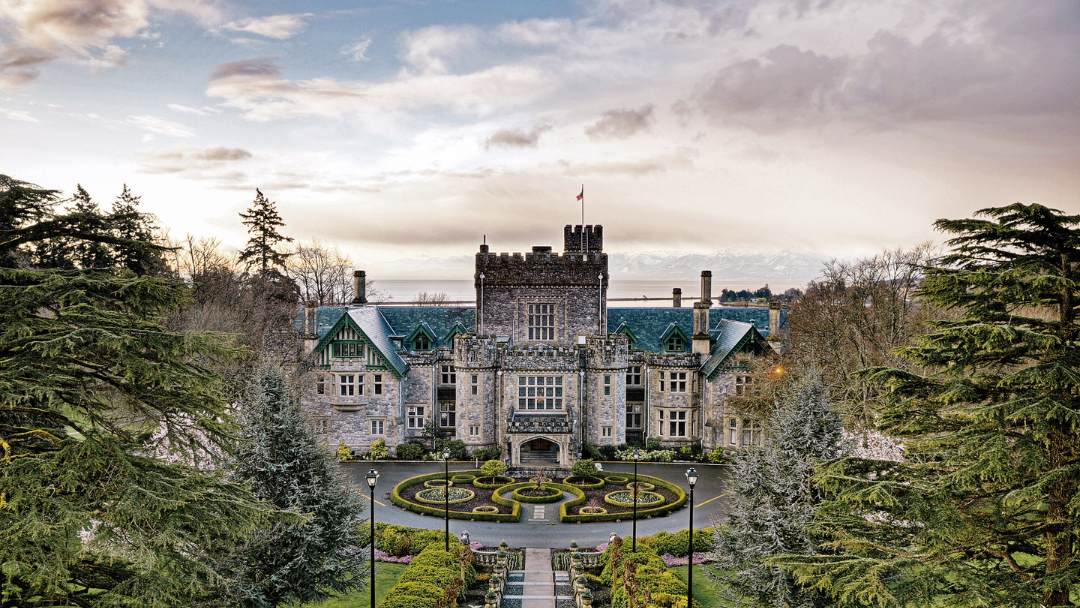Studying in the United Kingdom can be a fantastic opportunity for international students. The UK has some of the world’s most prestigious universities, a rich cultural heritage, and diverse experiences. Here’s a comprehensive guide to help you navigate the process of studying in the UK. The UK is home to some of the world’s oldest universities and colleges having their roots in the 12th and 13th centuries.

Coming from such a strong legacy, education in the UK has become a benchmark for other countries. When contemplating higher education abroad, the United Kingdom stands out as an exceptionally attractive destination for countless students around the globe.

Popular Universities in the UK
- University of Oxford: Known for its rigorous academic standards and historic significance.
- University of Cambridge: Offers a range of undergraduate and postgraduate courses with a strong emphasis on research.
- Imperial College London: Specializes in science, engineering, medicine, and business.
London School of Economics and Political Science (LSE): Renowned for social sciences, economics, and politics. - University College London (UCL): Offers a wide range of courses with a focus on research and global impact.
Popular Courses
- Engineering: Mechanical, Civil, Electrical, etc.
- Business and Management: Finance, Marketing, International Business.
- Health Sciences: Medicine, Nursing, Public Health.
- Humanities and Social Sciences: History, Psychology, Sociology.
- STEM Subjects: Computer Science, Mathematics, Physics.
How to Choose a Course - Research Interests: Find a course that aligns with your academic and career goals.
- Course Content: Review the syllabus and course modules.
- University Rankings: Check university rankings for your chosen field.
- Career Opportunities: Look into the career support and placement records of the university.

How to Apply
- UCAS: Most undergraduate applications are made through the UCAS (Universities and Colleges Admissions Service) system.
- Application Deadline: Typically, the deadline is mid-January for most courses, but some courses and universities might have different deadlines.
- Application Components: Personal statement, academic transcripts, references, and sometimes a portfolio or an interview.
- Direct Applications: For postgraduate courses, applications are usually made directly through the university’s website.
- Application Components: Academic transcripts, CV, personal statement, and references.
Entry Requirements
- Undergraduate: Typically, A-levels or equivalent qualifications.
- Postgraduate: A relevant undergraduate degree with a good classification (usually a 2:1 or equivalent).
English Language Requirements
- Tests: IELTS, TOEFL, or equivalent.
- Typical IELTS Requirement: A minimum of 6.5 to 7.5 overall, with at least 6.0 to 7.0 in each component.
- Alternative Tests: Some universities accept alternative qualifications like Cambridge English Advanced (CAE) or Pearson PTE.

Tuition Fees
- Undergraduate: £10,000 to £38,000 per year, depending on the course and university.
- Postgraduate: £12,000 to £50,000 per year, depending on the course and university.
Living Costs - Monthly Expenses: £800 to £1,500 depending on the city.
- Rent: £400 to £800 per month.
- Food: £150 to £250 per month.
- Transport: £50 to £100 per month.
Scholarships and Financial Aid - Scholarships: Chevening Scholarships, Commonwealth Scholarships, university-specific scholarships.
- Grants and Loans: Some universities offer financial aid packages or you may be eligible for student loans.
Visa Requirements
Student Visa (Tier 4)
- Eligibility: You must have an offer from a UK university, enough money to support yourself, and a valid English language qualification.
Application Process:
- Online Application: Complete the visa application form.
- Documents: Proof of offer, financial evidence, passport, and possibly a tuberculosis test certificate.
- Fees: £348 for the application, plus £470 for the healthcare surcharge.

Accommodation
University Halls of Residence: Managed by the university, often the easiest choice for first-year students.
Private Halls: Managed by private companies, with more amenities and often higher costs.
Private Rentals: Renting a flat or house, usually with other students.
Homestays: Living with a local family.
Extracurricular Activities
Student Unions: Most universities have active student unions offering clubs, societies, and events.
Sports and Recreation: Universities often have sports teams, gyms, and recreational activities.
Cultural Activities: Explore museums, theaters, and historical sites.
Support Services
Academic Support: Libraries, study groups, and academic advisors.
Counseling and Health Services: Mental health services and general health care are usuallyavailable.
Post-Graduation
Work Opportunities
Graduate Visa: Allows you to stay for up to 2 years (or 3 years for PhD graduates) to look for work.
Work Opportunities: Look for jobs that match your qualifications and career goals. The UK job market is competitive, so networking and gaining relevant experience can be crucial.
Alumni Networks
University Alumni Associations: Join to connect with former students and access career resources.
Tips for a Successful Experience
Plan Ahead: Start your application process early to meet deadlines.
Stay Organized: Keep track of all your documents and application materials.
Engage with the Community: Participate in campus life and explore your new city.

1. How much money do I need to show for a student visa?
You need to show that you have enough funds to cover your tuition fees and living expenses. This usually means having around £1,334 per month for living costs for up to 9 months, plus your tuition fees.
2. Can I work while studying in the UK?
Yes, you can work up to 20 hours per week during term time and full-time during holidays.
3. What is the difference between an undergraduate and a postgraduate course?
Undergraduate: Bachelor's degrees, usually 3-4 years.
Postgraduate: Master's degrees or PhDs, typically 1 year for a Master’s and 3-4 years for a PhD.
4. How do I find a part-time job?
Check university job boards, local job listings, and websites like Indeed, LinkedIn, and StudentJob.
5. What should I bring with me to the UK?
Bring essential documents (passport, visa, offer letter), clothing suitable for the weather, and any personal items you may need for daily life.

